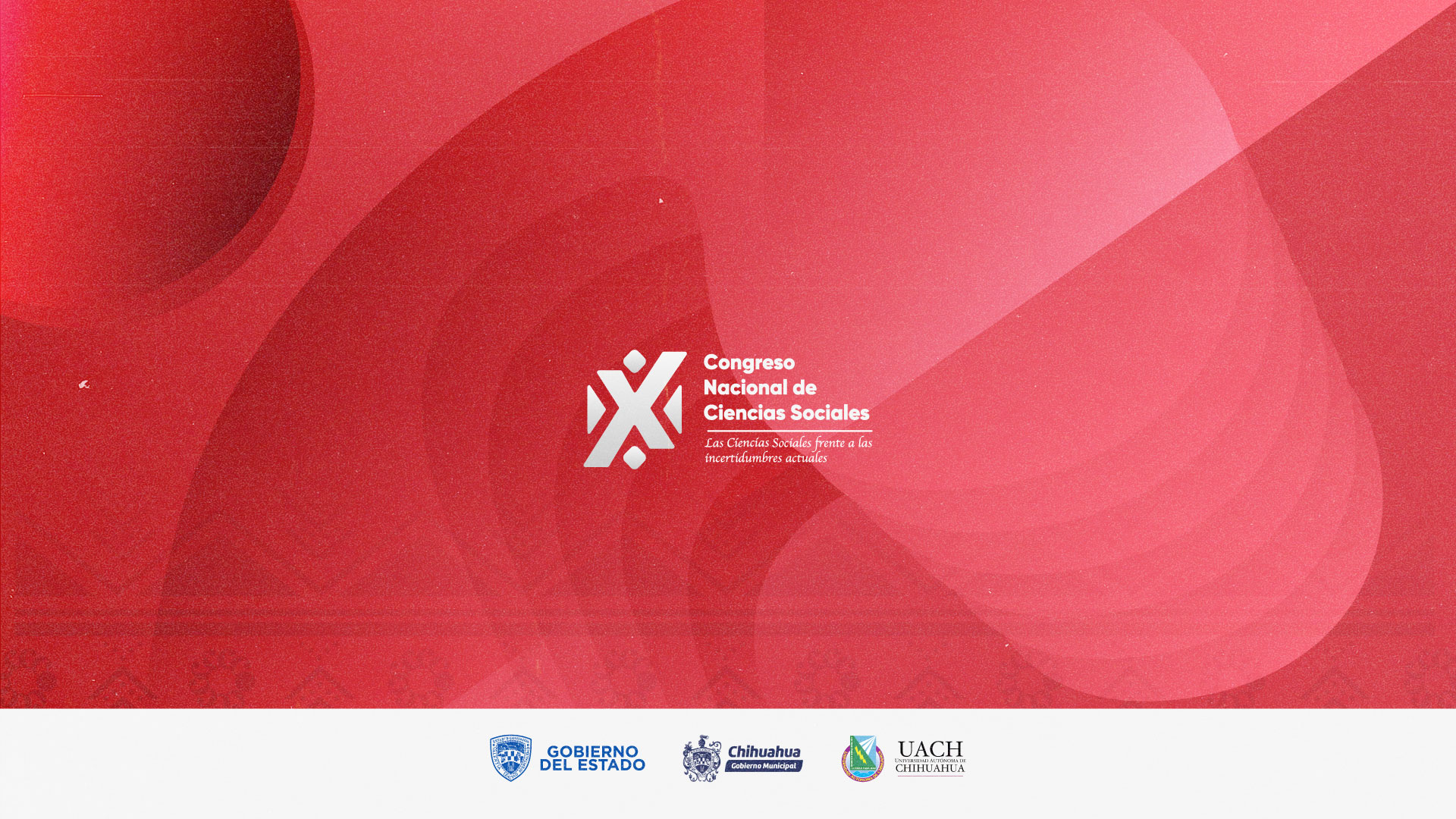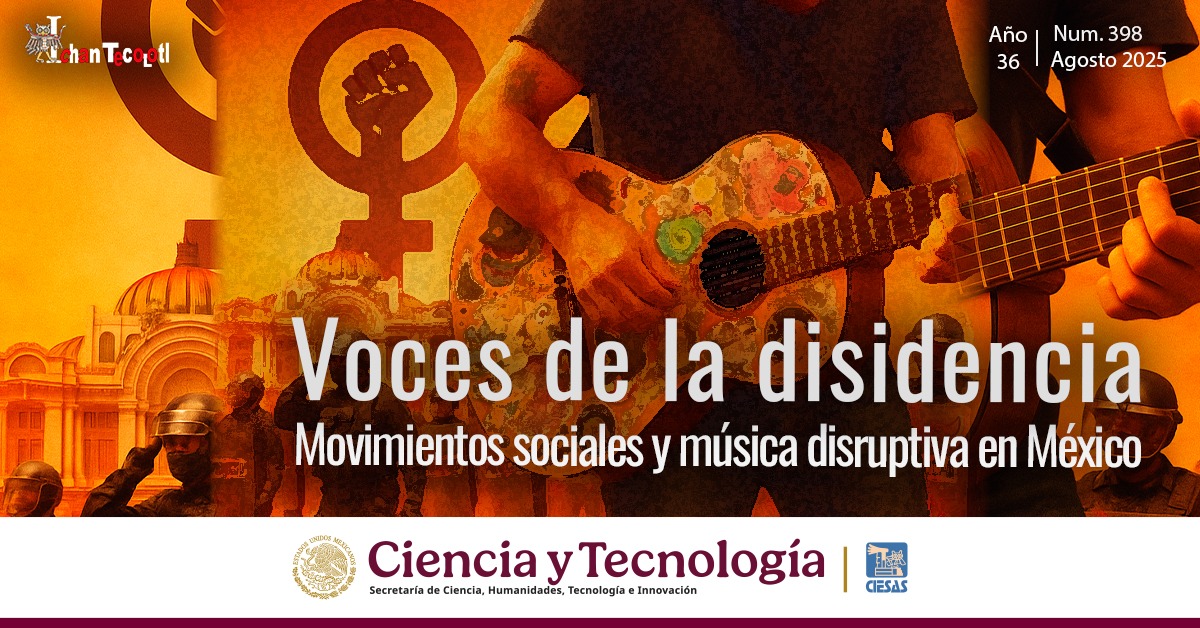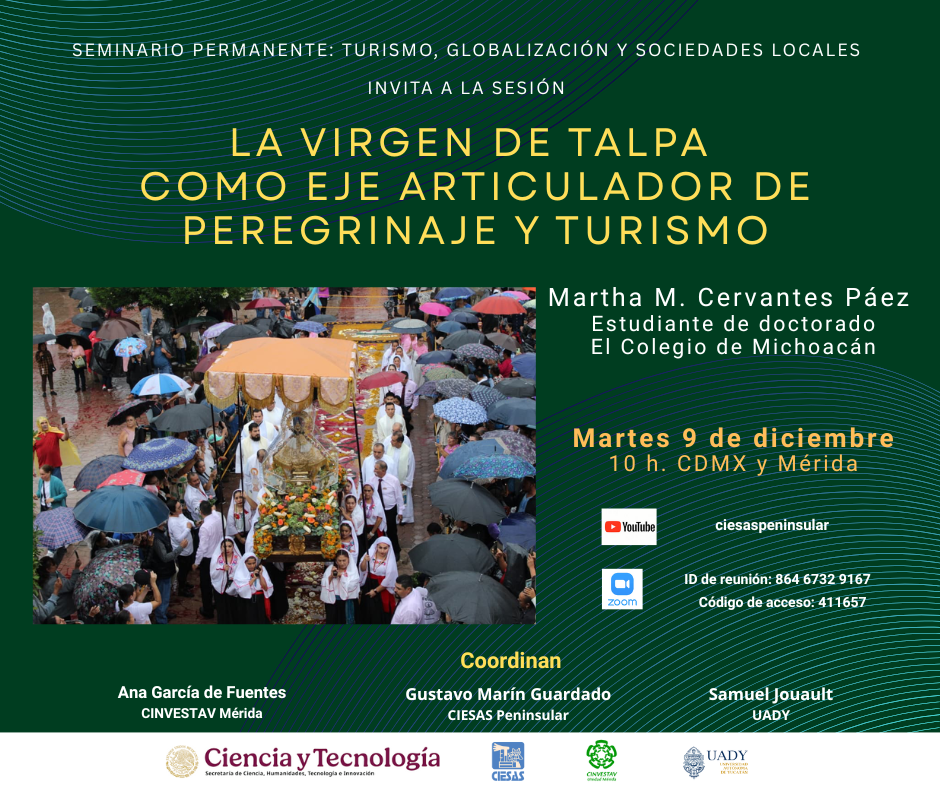The Struggle for Housing Justice
COUNCIL FOR EUROPEAN STUDIES
SOCIAL MOVEMENTS RESEARCH NETWORK PRE-CONFERENCE
Instituto de Ciências Sociais (Universidade de Lisboa), Lisbon, Portugal
June 27-28, 2022
Call for Papers
The Struggle for Housing Justice: Crises, Movements, Knowledge, and Policy
With the 2008 financial crisis, access to housing became an ever-growing global problem.[1] The forced mobility that “happens when forces outside the household make living there impossible, hazardous or unaffordable,”[2] threatens working- and middle-class populations all around the globe. Economic hardship related to the Covid19 pandemic – combined with intensifying dynamics of financialization, gentrification and touristification in many cities – may accentuate this trend.[3] The “housing problem,” as Madden and Marcuse state (2016), is not “a result of a breakdown in the system, but rather a consequence of the housing system working as intended” in the contemporary capitalist system.
Different forms of collective resistance have been deployed to claim for housing justice, including direct action against evictions, squatting, campaigns in favor of legislative and policy reform, awareness-raising work aiming at exposing discrimination, lack of repairs, and insalubrity.
As a result of this heightened contention, social science scholarship (in critical urban studies, geography, political sociology, etc.) has been paying a great deal of attention to collective struggles around housing injustice in the last few years. However, we believe that important “side” issues have been neglected by scholars, such as the possibility of achieving policy changes, the use and implications of intellectual work, or the way collective action deals with other forms of domination that intersect with the housing question.
This pre-conference focuses on collective struggles around housing issues, which we understand in broad terms as: “housing justice” (the effective possibility of securing decent, safe, and adequate housing), “housing policy” (the set of laws and programs that regulate and shape the housing regime and housing (in)justice), and “intersections” between housing and other forms of domination (mediated by class, race, gender, and age) and that can connect with other, parallel crises (climate change, austerity, etc.). We thus call for papers focusing on one of these three themes, from an empirical and theoretical point of view:
1. Knowledge and expertise in housing struggles
Housing problems are the result of macro processes and are constrained by arcane rules and institutions. How do social movements make sense of these processes? This question addresses the broader issue of the production of knowledge in social movements. How do activists produce and diffuse knowledge about the issues for which they mobilize? What are the forms of knowledge produced by housing movements? If we consider that knowledge production is a social activity embedded in social arrangements and institutional settings, what are the social conditions for its emergence? And what is the role of this knowledge production in the dynamics of housing rights mobilization?
2. Interactions between housing movements and housing policy
A frequent goal of housing movements is to transform policies and regulations in a way that ensures housing justice. Such policy change is pursued through diverse strategies: from indirect ones (putting pressure on political elites that are responsible for the construction of public policies) to direct ones (social movements’ use of direct democracy mechanisms that allow for a direct contribution to law-making). But under which circumstances can housing movements have an impact on housing policies? When and how does this impact take place? At early stages of the policy process (agenda-setting), or also at more advanced stages of normative discussion and policy implementation? Does the “mission” of housing movements end at the phase of policy implementation? What are the direct and indirect consequences of the engagement of housing movements in housing policy (in terms of contributions, challenges and even interruptions)? What tactics and forms of organization have housing movements used to influence policy-making and the content of policies related to housing?
3. Housing and the climate crisis
Recent research has found a direct link between climate change, urban land use planning and housing. In many parts of the world, vulnerable populations do not have access to adequate urban and housing infrastructure and are already feeling the multiple impacts of climate change more intensely. Also, where housing programs are implemented, they have historically developed using standardized solutions that are inadequate in the context of current housing climate problems. As social movements for climate justice have grown exponentially in recent years, much attention has been paid to connecting housing issues to the climate justice agenda, as a way to address housing instability and promote the delivery of zero carbon housing. How can the agendas of the housing and climate justice movements converge? Can these two movements combine, recreate, adapt, implement joint protest strategies? How are housing and climate struggles related? How does the convergence of housing and climate change movements impact urban activism in general? What are the political subjectivities that these two movements share?
We do not aim for exhaustivity in dealing with the diverse forms and implications of collective struggles around housing. We have selected these three specific themes because they are still under-researched and they resonate with the research interests of the organizers of this pre-conference.
This pre-conference aims at fostering substantial discussions and exchanges about the papers. The latter will be circulated among participants two weeks before the event, and each paper will have a discussant. All participants commit themselves to reading the papers of other presenters and participate in the discussions. Insofar as the conference will take place over two days, substantial time will be dedicated to discussion.
Eventually, depending on the quality, complementarity and coherence of the papers, we will publish an edited volume or special issue out of the conference proceedings.
We cannot provide financial support for attending the conference, but there will not be any registration fees.
Abstracts should be no more than 500 words long, in English, and be as specific as possible (referring to the questions outlined above, hypotheses, methods, data, etc.). Proposals should also include the status and affiliation of all authors.
Please send your abstracts to this address: SMRNCES@gmail.com
Abstract deadline: 15th of January 2022
Decision: 15th of February 2022
Submission of Full Paper: 1st June 2022
Proposals will be assessed by the Board of the CES Social Movements Research Network (co-chair Guya Accornero, University Institute of Lisbon; co-chair Marcos Ancelovici, Université du Québec à Montréal; Montserrat Emperador Badimon, Université Lumière Lyon 2; Pierre Monforte, University of Leicester), as well as by Tiago Carvalho (University Institute of Lisbon), Valesca Lima (Dublin City University), and Simone Tulumello (Institute of Social Sciences, Lisbon).
The pre-conference will take place at the Instituto de Ciências Sociais (University of Lisbon), Av. Prof. Aníbal de Bettencourt, 9 (1600-189 Lisboa). We wish to thank the Instituto de Ciências Sociais for its support in granting us access to the space.
We strongly encourage you to also attend the CES annual international conference, which will take place right after our pre-conference, on June 29-July 1st, 2022, at University Institute of Lisbon. More information is available here: https://councilforeuropeanstudies.org/conferences/upcoming-conferences/2021-conference-venue/
Te puede interesar

Convocatoria para presentación de libros
Laura Gutiérrez - Dic 10, 2025FERIA DEL LIBRO X CONGRESO NACIONAL DE CIENCIAS SOCIALES “Las Ciencias Sociales frente a las incertidumbres actuales” INVITACIÓN PRESENTACIÓN DE…

Convocatoria Feria del libro
Laura Gutiérrez - Dic 03, 2025FERIA DEL LIBRO X CONGRESO NACIONAL DE CIENCIAS SOCIALES “Las Ciencias Sociales frente a las incertidumbres actuales” INVITACIÓN Información general…

Memorias del IX Congreso Nacional de Ciencias Sociales
Roberto Holguín Carrillo - Jul 02, 2025IX Congreso Nacional de Ciencias Sociales Las ciencias sociales y los retos para la democracia mexicana. Realizado en el Instituto…

Ichan Tecolotl, núm. 398
Laura Gutiérrez - Dic 10, 2025Ichan Tecolotl Año 36, Número 398 (agosto 2025) Voces de la disidencia. Movimientos sociales y música disruptiva en México Ver…

Curso Introducción al video etnográfico
Laura Gutiérrez - Dic 10, 2025Curso Introducción al video etnográfico 1. Objetivo Familiarizar a estudiantes o profesionales de la antropología y disciplinas afines con herramientas…










